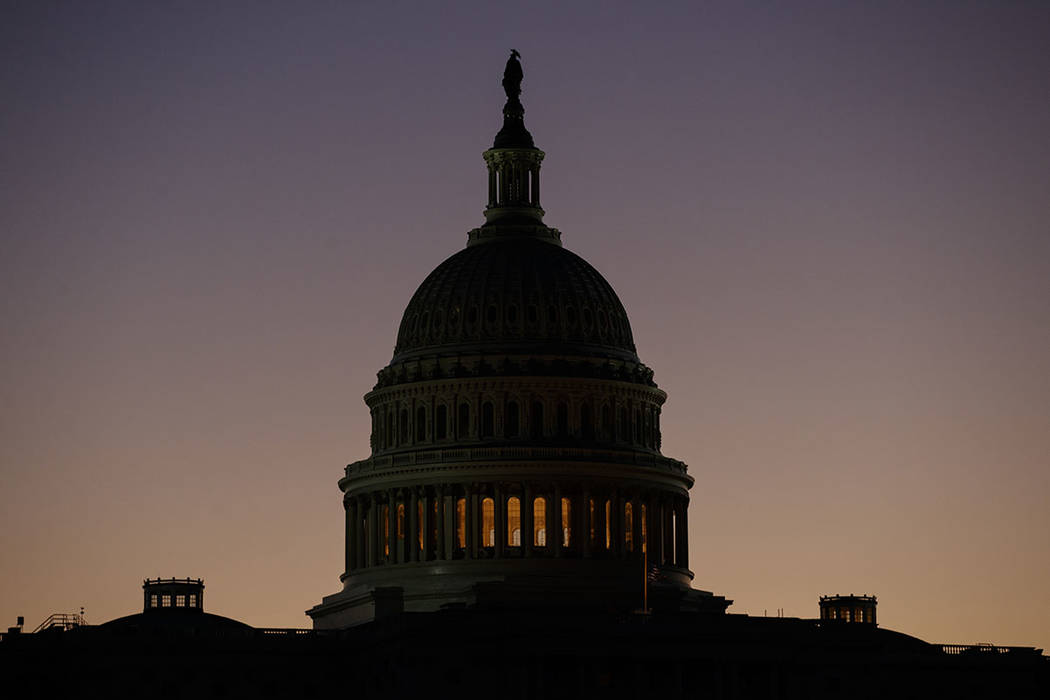EDITORIAL: This little piggy …
After congressional Republicans took control of the House in the 2010 elections, they instituted a ban on “earmarks” — otherwise known as pork. As president, Barack Obama, a Democrat, also joined the fray, promising during his 2011 State of the Union address to veto any spending bill that included such appropriations.
It’s a good thing the folks at Citizens Against Government Waste didn’t close up shop and go home.
Spending other people’s money is akin to breathing for most politicians, so determined members of Congress found workarounds to the earmark prohibition. Still, the ban effectively reduced pork-barrel spending from 2010 levels. But the dam burst in 2018 when Congress removed modest budget restraints imposed seven years earlier.
The gory details are documented in Citizens Against Government Waste’s annual report, released this week. The “2019 Congressional Pig Book Summary” identifies billions in pork, described as “a line-item in an appropriation bill that designates tax dollars for a specific purpose in circumvention of established budgetary procedures.” That includes spending which “serves only a local or special interest.”
Remember this the next time you hear that Washington needs more of your money. “For the second year in a row, members of Congress have set records for the cost and number of earmarks during the supposed earmark moratorium,” the report found. The watchdog group identified $15.3 billion in special-interest spending for fiscal 2019, an increase of 125 percent from fiscal 2017.
The report spares no federal department, including the Pentagon. Among the more egregious examples cited is a $1.8 billion appropriation for 16 extra F-35 Joint Strike Fighter aircraft, which have been “plagued with cost overruns, delays and poor performance.”
The list goes on … and on.
■ $10 million for a duplicative Department of Agriculture program, dating back to the 1930s, intended to lower energy costs in rural communities.
■ $8 million for the Appalachian Regional Commission (born: 1965) and the Delta Regional Authority (born: 2000), agencies created to provide economic handouts to residents in Appalachian states.
■ $55 million to the Small Business Administration for entrepreneurial development programs. These expenditures amount to handouts to favored small-business owners, putting less fortunate entrepreneurs at a disadvantage.
■ $2.75 million for the National Capital Arts and Cultural Affairs grant program, which funnels taxpayer cash to “large arts and cultural institutions in Washington, D.C.” Their wealthy patrons would be a more equitable resource.
■ $17 million for the Asia Foundation, which is “committed to improving lives across a dynamic and developing Asia.”
Pork is a bipartisan problem. But expect the issue to worsen considerably as House Democrats emphasize investigating and harassing the president rather than responsible budgeting.

















